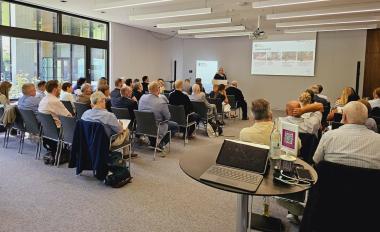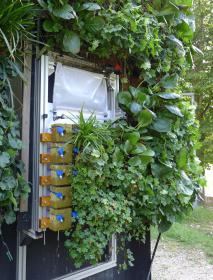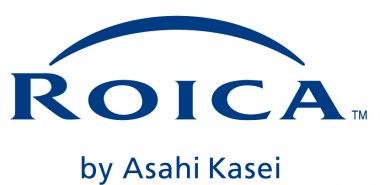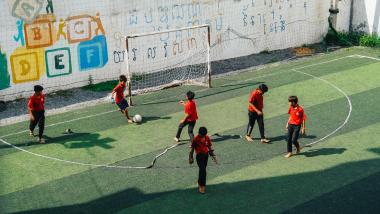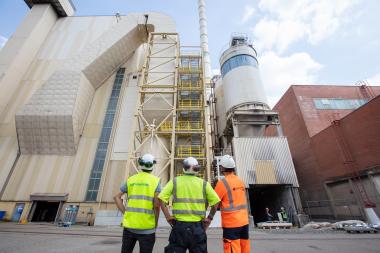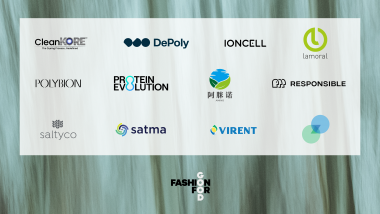Accelerating Circularity launches Alliance of Chemical Textile Recycling (ACTR) with key members
The mission of Accelerating Circularity is to create new supply chains and business models to turn textile waste into mainstream raw materials. Accelerating Circularity has created a working group, the Alliance of Textile Chemical Recyclers (ACTR), to meet and address the textile industry with a common voice to facilitate accurate information on textile chemical recycling.
“We formed this collective to move chemical recycling technology forward, share common definitions, and address policies in a collaborative way to maximize the elimination of textile waste to landfills and incineration” explained Karla Magruder, Founder and President of Accelerating Circularity. “Chemical recycling technology has many benefits, including quality more similar to virgin fiber and the ability to recycle multiple times.”
ACTR plans to provide the industry with information on how textile chemical recycling can:
- offer solutions for diverting textile waste to landfill
- enable textile to textile recycling versus incineration/landfill
- provide sustainably sourced/circular materials
- support brand/retailers/producers in achieving their CO2 reduction targets
- provide long term price stability and consistent supply of raw materials versus virgin
Members of the Alliance include founding members Eastman, Lenzing, and The LYCRA Company, as well as key innovators Circ®, Sappi, Renewcell, Infinited fiber, Worn Again Technologies, Gr3n, CuRe Technology, and OnceMore® from Sodra.
As a first step, the ACTR (Alliance of Chemical Textile Recycling) is introducing a dictionary of common terms developed to educate the industry on the chemical recycling of textiles.
Accelerating Circularity Alliance of Chemical Textile Recycling chemical recycling Eastman Chemical Company Lenzing Group The Lycra Company Circ® Sappi Renewcell Infinited Fiber Worn Again Technologies gr3n CuRe Technology Södra
Eastman / Accelerating Circularity














